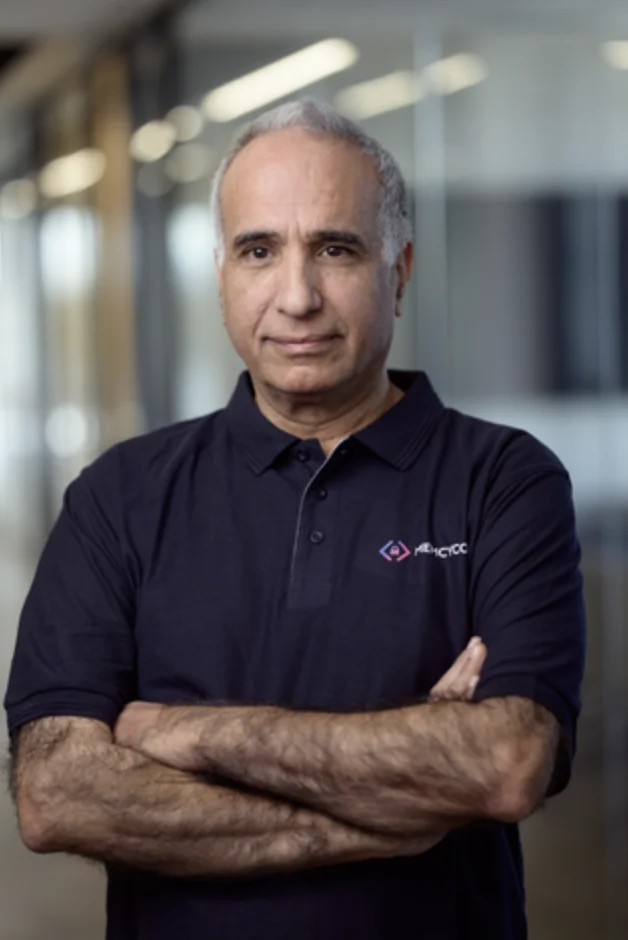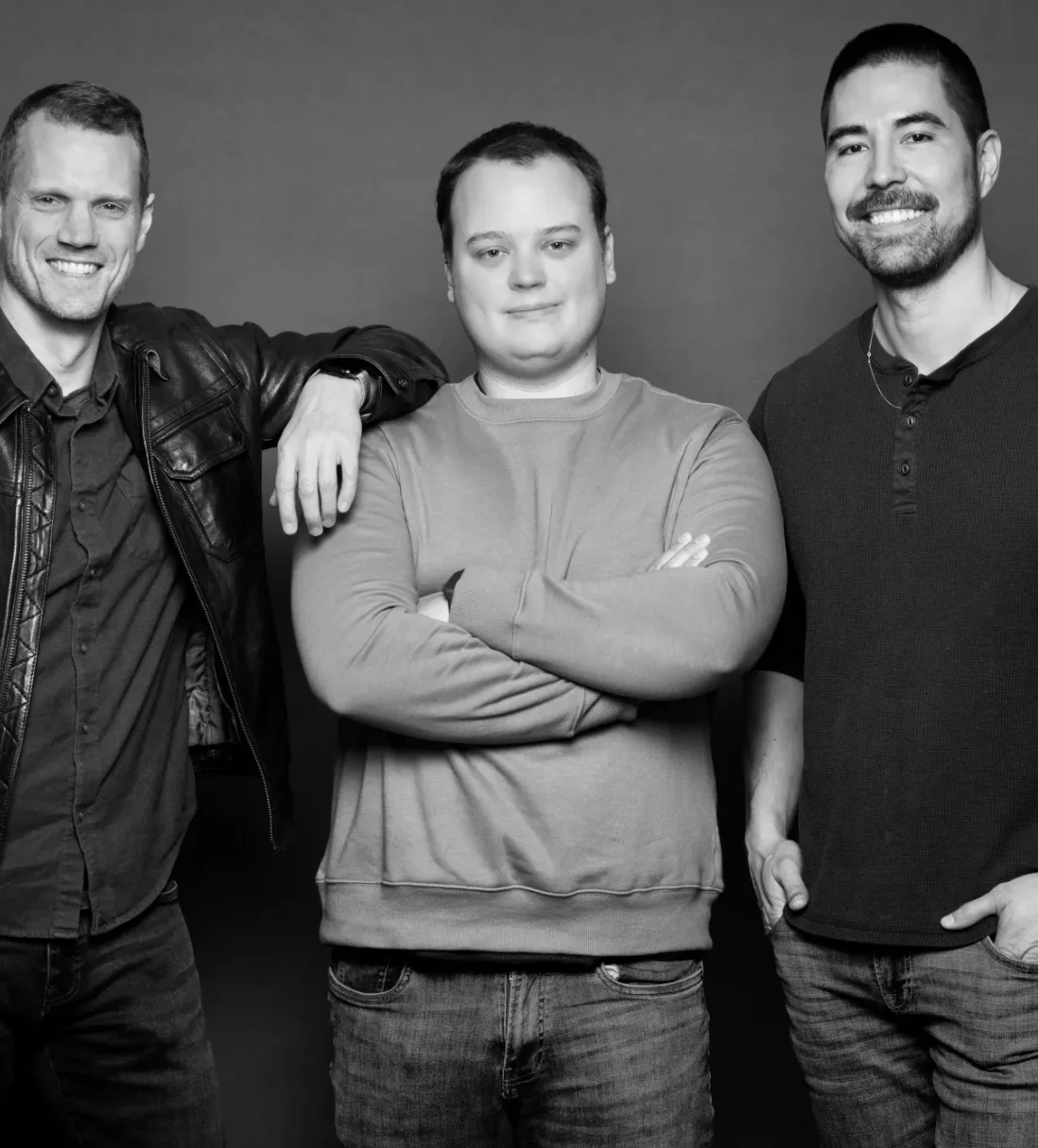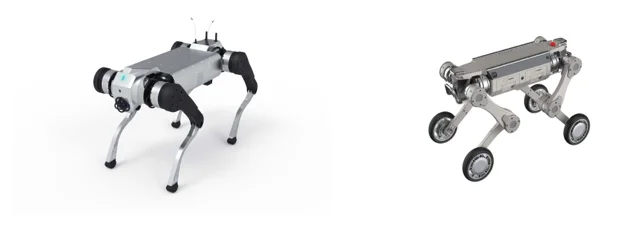“We’ve built an AI platform that allows robots to think more like humans do, making them adaptable to complex tasks,” said Benjamin Wolff, CEO of Palladyne AI, as he went into the details of his company’s transformative vision for artificial intelligence (AI) in robotics during a recent interview.
Wolff, who recently returned to the helm of Palladyne AI, shared the journey of turning a legacy robotics company into a cutting-edge AI platform provider. The conversation was marked by his unshakeable belief in the potential of AI to redefine industries.
Palladyne’s journey began in the 1980s, working with humanoid robots and defense applications. However, the company recently pivoted to focus entirely on its AI platform.
“Originally, our AI was built for our own robots,” Wolff explained. “But we realized it could power robots across industries, not just ours.”
This platform, now branded as Palladyne IQ for industrial robots and Palladyne Pilot for drones, has broad applicability.
“Whether it’s enabling a robotic arm in a factory or a drone inspecting infrastructure, our software allows machines to handle variability and complexity like never before,” Wolff said.
The addressable market is massive, driven by a labor shortage and rising demand for automation. Wolff noted: “There are millions of robots already deployed and millions more coming. But these robots often can’t handle changes in their environment or tasks. That’s where we come in, making them smarter and more versatile.”
The AI applications extend beyond commercial uses. The U.S. Air Force has already tested Palladyne Pilot, showcasing its potential for defense.
“While we’re focusing on commercial markets, the defense applications remain a significant part of our strategy,” Wolff said.
For Wolff, the secret to navigating the dual risks of technology development and market adoption lies in leveraging Palladyne’s decades of expertise.
“We’ve been in robotics for over 30 years. This isn’t a garage startup — we’ve learned from decades of challenges and successes,” he said.
Leadership is also critical to Palladyne’s success. Wolff underscored the importance of assembling and nurturing a talented team.
“As a leader, your primary job is to clear the brush so your team can achieve their goals,” he explained. “No company succeeds without great people.”
While Wolff is optimistic, he is pragmatic about the road ahead.
“AI is transformative, but adoption takes time. Our focus is on solving real-world problems for customers, building strong relationships, and letting the technology prove itself,” he said.
As Palladyne AI positions itself at the intersection of robotics and artificial intelligence, Wolff remains steadfast in his mission.
“This isn’t just about building better robots; it’s about creating a future where machines and humans work together seamlessly to tackle challenges we can’t yet imagine,” he concluded.
With a legacy of innovation and a focus on AI-driven transformation, Palladyne AI is poised to reshape industries and redefine the role of robotics in both commercial and defense sectors.






